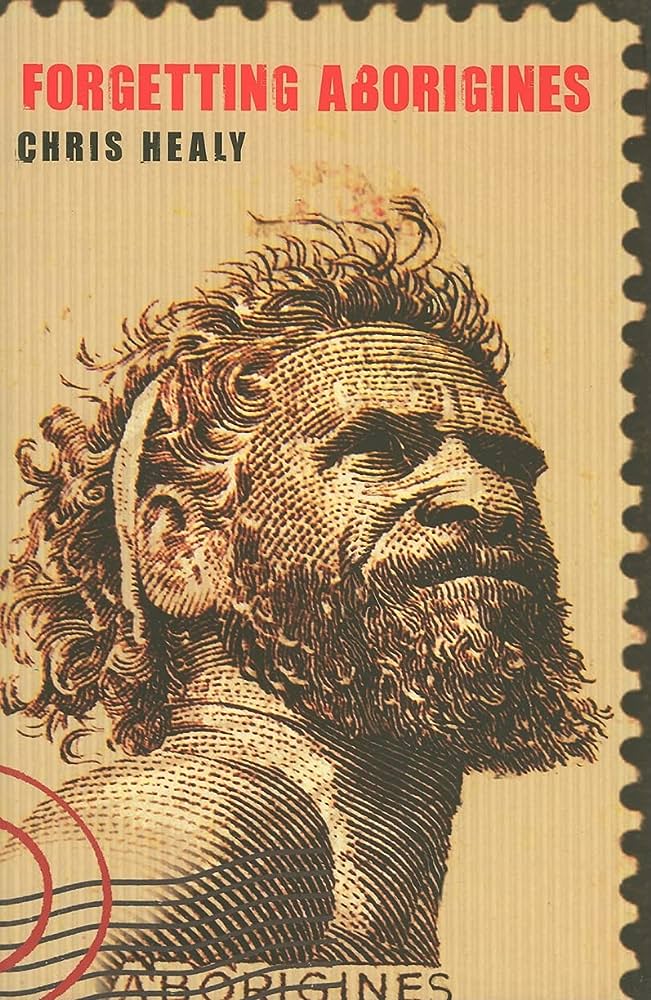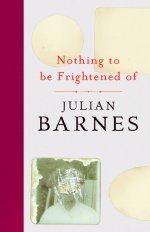Non Fiction
Public passion and debate about Australia’s indigenous peoples ebb and flow. During the 1990s, Mabo, Wik, reconciliation and the Stolen Generations dominated public debate for months on end. Indigenous leaders such as Pat and Mick Dodson, Lowitja O’Donohue and Noel Pearson became familiar figures, prodding politicians and the public to remember unfinished business. As the official reconciliation process ground to a halt during the Howard government, Aboriginal issues receded into the background. They re-emerged spectacularly in 2006 with the cataloguing of widespread sexual and physical abuse in remote Aboriginal communities. This was in the lead-up to the government’s Emergency Intervention in the Northern Territory.
... (read more)What if Kenneth Myer, not Sir John Kerr, had been Australia’s governor-general in 1975? There would still have been storms in Canberra, but no intervention, no Dismissal. Readers of Sue Ebury’s fascinating biography of Myer (1921–92) may be tempted to play the ‘what if’ game, speculating on how Gough Whitlam might have used a full second term as prime minister.
... (read more)Jack Fingleton: The Man who stood up to Bradman by Greg Growden
In an age when cricketing biographies predominantly lionise one-dimensional and vacuous individuals, this is a pleasurable reminder of an earlier era when even test players had regular jobs and a better sense of balance about life’s priorities.
... (read more)Strange Museums: A Journey through Poland by Fiona McGregor
Strange Museums is a strange book, a kind of fugue whose first theme is introduced by the poem ‘Tortures’ by Polish poet Wislawa Szymborska. It is a lament of evasion, uncertainty, the reservoir of pain that is the body and the inability to escape. It is enlarged da capo with the author’s discovery of a plaque commemorating the day in 1942 when Jews were rounded up and shot in the town of Piatrk w Trybunalski.
It is the tale of a most unusual journey made through Poland by performance artist and writer Fiona McGregor from May to July 2006. With A A Wojak, her performance partner and former lover, the journey is focused around an international action art festival where the two women, as senVoodoo, perform their confronting work, Arterial. It involves fear and shock, with the pain and risk endured by the artists calculated to take them to the edge. Even in description, Arterial draws a gasp.
... (read more)My mother, a fine mezzo soprano, had three all-time favourite singers: Kathleen Ferrier, Maria Callas and our own Joan Hammond. When I was a child, my parents took me to see the famous diva perform Tosca in Melbourne – standing room only at the back of the circle. I remember red velvet, a thrilling voice, my own tired legs and a sense that I was in the presence of greatness. Sara Hardy’s biography of Joan Hammond (1912–96) is a timely publication. The number of people who remember the Australian soprano is dwindling, her fame eclipsed by another Dame Joan (who once, early in her career at Covent Garden, understudied Hammond in Aida).
... (read more)On 17 July 1990, President George Bush Snr declared the 1990s as the ‘Decade of the Brain’, with the primary aim ‘to enhance public awareness of the benefits to be derived from brain research’. These benefits included better understanding of conditions such as Alzheimer’s disease, stroke and psychiatric disorders. In addition, remarkable advances occurred in functional brain imaging. This still-evolving technology reveals which parts of the brain are active while people carry out tasks of varying complexity, ranging from the manipulation of objects or the processing of sensory information, through to the analysis of problem solving, the voluntary control of emotional responses, or the reconstruction of imaginary events. Faced with a wealth of new experimental data, disciplines such as linguistics and philosophy can no longer develop theoretical models that treat the brain as a black box within which structure and function do not matter.
... (read more)Making the Cut by Anthony Elliott & Skintight by Meredith Jones
In Making the Cut: How Cosmetic Surgery is Transforming our Lives, Anthony Elliott casts an unforgiving eye over the astonishing growth of ‘cosmetic surgical culture’. No longer the province of the rich and famous, Botox and skin peels, laser surgery and liposuction, face-lifts and breast augmentations have become part of the fabric of everyday life. Elliott’s analysis lays bare the culture of nip and tuck, and the era in which ‘many are calculating that a freshly purchased face-lift or suctioning of fat through liposuction is the best route to improved lives, careers and relationships’. Yet what compels people to act upon the desire for self-improvement in such drastic and sometimes life-threatening ways? Elliott identifies celebrity, consumerism and globalisation as fundamental to the increasing popularity of surgical solutions to social and personal dilemmas.
... (read more)This life begins with a ritual its subject practised through the 1960s and 1970s. Manning Clark would visit St Christopher’s Cathedral, Canberra, kneel before its shrine of the Virgin, ask assistance in fighting his need for alcohol, and beg forgiveness and peace. While Clark’s funeral was a requiem mass at St Christopher’s, and a preoccupation with the Catholic faith became increasingly evident in his later years, this is not a beginning that those who read his history or became familiar with his public appearances would expect.
In relating these regular visits to the shrine, Brian Matthews signals the themes that run through this life of Clark. There is his susceptibility to alcohol and the way that it exacerbated his erratic behaviour. There is the fraught character of his most intimate relationships, and his persistent torment of anguish and guilt. There is his intellectual ambition, his need for reassurance and vulnerability to criticism. And there is his constant search for faith.
... (read more)Mother Land is a vibrant and charming yet sombre and brutal account of Dmetri Kakmi’s childhood on the Aegean island of Tenedos, now known by its Turkish name of Bozcaada. The book opens with the adult ‘Dimitri’, accompanied by his Turkish friend Sinan, standing on the mainland and surveying through binoculars places he has not seen for thirty years: ‘Three islets sit low on the water ... As a boy, I used to be captivated by their aloofness and solitude. When I’d had enough of people, I yearned to build a hut and live on one of them, alone, separate and untouched by a world that, even at that age, seemed capricious and delinquent beyond reckoning.’
... (read more)‘Let’s get this death thing straight’, declares Julian Barnes in his recently published memoir-cum-meditation Nothing to Be Frightened Of. He sets out to confront mortality, the titular ‘nothing’, but manages only to peer at it through parted fingers. He takes short peeks, which calls to mind the title of his death-haunted novel Staring at the Sun (1986).
... (read more)








